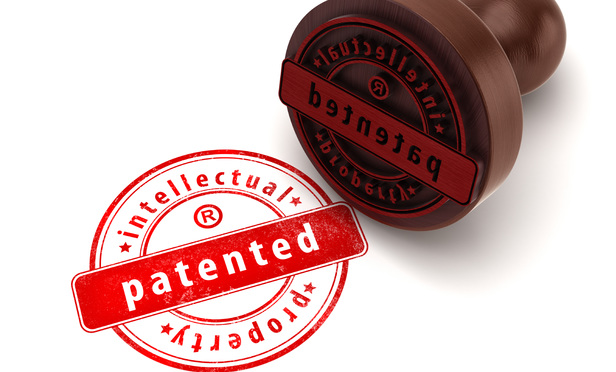In the patent world, a genus claim encompassing even a single prior art species is unpatentable. See In re Slayter, 276 F.2d 408, 411 (C.C.P.A. 1960), and Eli Lilly & Co. v. Barr Labs, 251 F.3d 955, 971 (Fed. Cir. 2001).
A very basic illustration of this concept is a claim to a method of rewarding a child comprising providing that child with a piece of candy. Here, “candy” is a generic term encompassing a variety of “species” (e.g. chocolate bars, licorice, jelly beans, etc.) and therefore the method is practiced by using any form of candy as the reward. Now assume that there is a prior art article that described rewarding a child by providing them with a chocolate bar. As a chocolate bar is a species of the genus candy, its use in the same method occurring in the prior art means the claim is anticipated. One can drop the claim entirely or, redefine the genus to exclude chocolate bars and/or claim any other species, so long as there is sufficient support in the patent specification.
This content has been archived. It is available through our partners, LexisNexis® and Bloomberg Law.
To view this content, please continue to their sites.
Not a Lexis Subscriber?
Subscribe Now
Not a Bloomberg Law Subscriber?
Subscribe Now
LexisNexis® and Bloomberg Law are third party online distributors of the broad collection of current and archived versions of ALM's legal news publications. LexisNexis® and Bloomberg Law customers are able to access and use ALM's content, including content from the National Law Journal, The American Lawyer, Legaltech News, The New York Law Journal, and Corporate Counsel, as well as other sources of legal information.
For questions call 1-877-256-2472 or contact us at [email protected]



